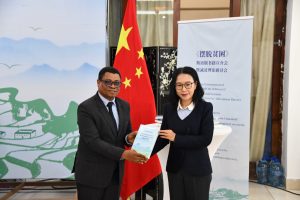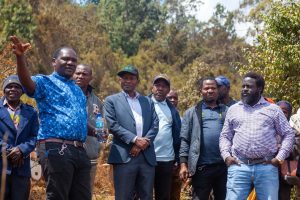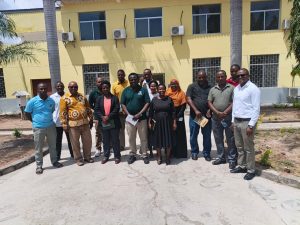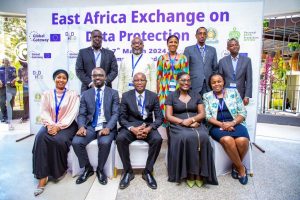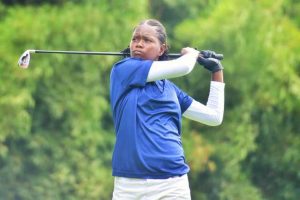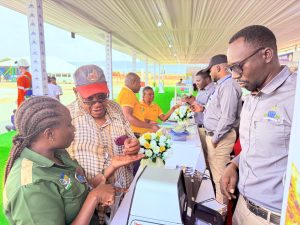Agroecological Project Empowers Dodoma Farmers To Rejoice Productivity Amid Weather Paradoxes
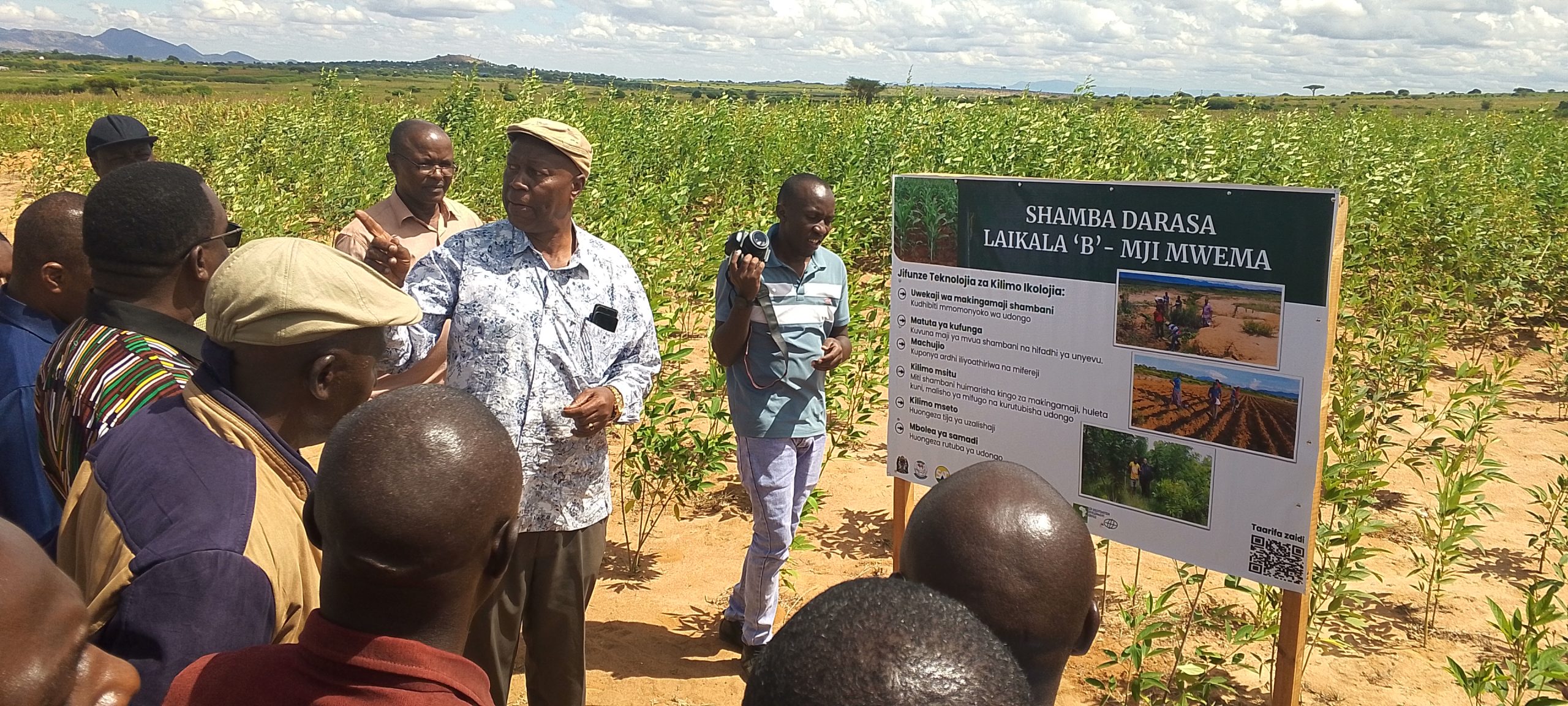
Funded by Biovision Foundation and Liechtenstein Development Service (LED) , the regenerative agriculture project is a brain child of the International Livestock Research Institute (ILRI) and it is implemented in sync with other reputable local and international institutions.
KONGWA. A NUMBER of smallholder farmers in the two drought -prone districts of Kongwa and Mpwapwa, Dodoma region have masterminded vital agroecological skills to withstand negative impacts of unfriendly weather patterns that used to upset crops production and husbandry sector in the areas.
Mapped in semi- arid zone, the districts normally experience radical shifts in rainfall patterns, including shorter rainy seasons, increased dry spells, and more frequent droughts, exacerbating to reduced crop yields, crop failures, and the spread of invasive plants.
The second phase of Enabling a Resilient and Prosperous Community through Participatory Agroecological Practices in the Semi-Arid Region of Central Zone (Rescomm II), launched in 2024, is an ambitious initiative aimed at supporting farmers and pastoralists in the region to overcome the adverse impacts of climate change on their livelihoods.
Funded by Biovision Foundation and Liechtenstein Development Service (LED) , the regenerative agriculture project is a brain child of the International Livestock Research Institute (ILRI) and it is implemented in sync with other reputable local and international institutions.
These include, the International Crops Research Institute of the Semi- Arid Tropics (ICRISAT), Tanzania Agricultural Research Institute (TARI), Tanzania Livestock Research Institute (TALIRI) and Sustainable Agriculture Tanzania’ (SAT).
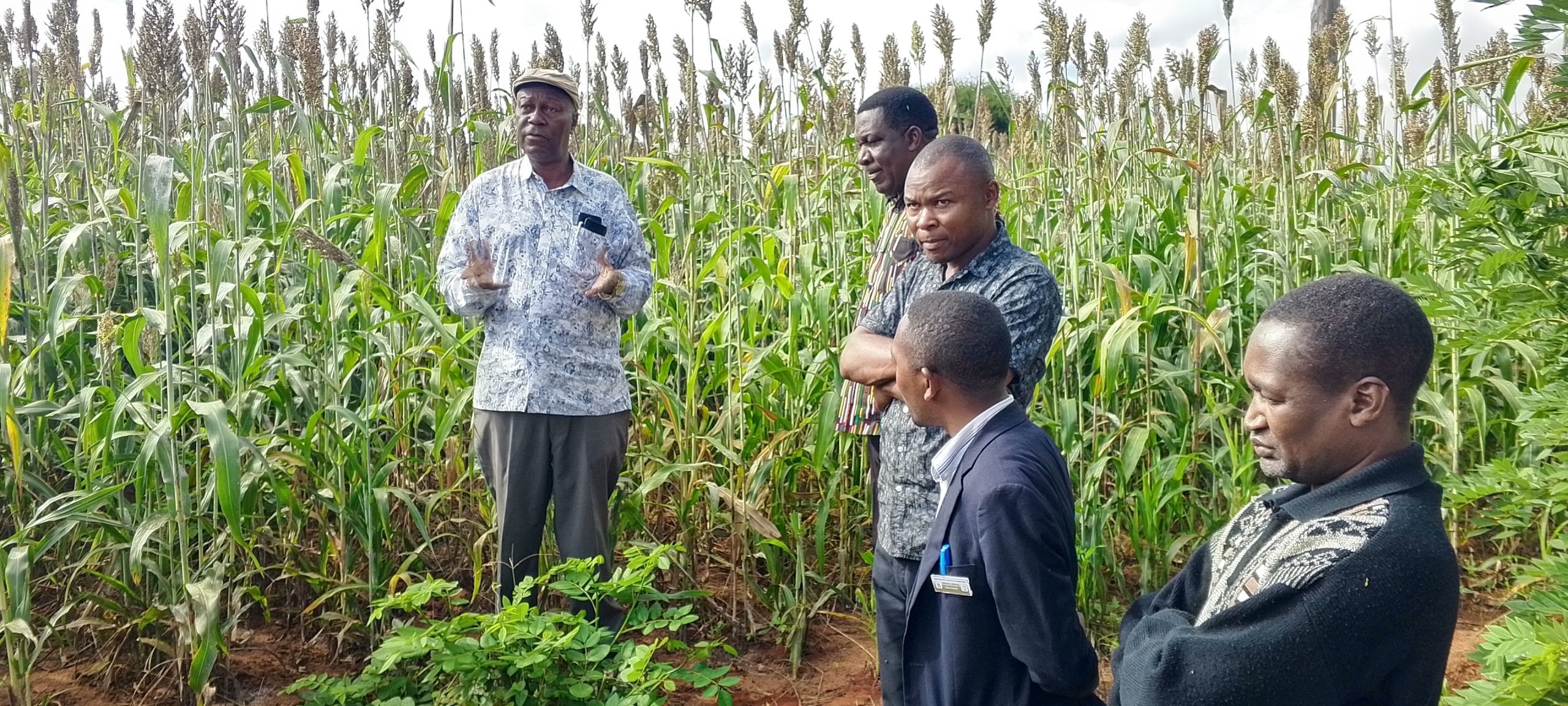
Within seventeen consecutive months of effective operations since its inception across 11 villages in Kongwa and Mpwapwa districts, the robust initiative has so far managed to put smile in faces of its beneficiaries, mainly farmers and pastoralists.
The project has imparted a total of 390 farmers with knowledge of soil moisture and fertility, including farmer managed natural regeneration (FMNR) for land restoration, rain water harvesting techniques through the use of tied ridges and the Fanya Juu/Fanya Chini terraces.
As a positive result, the farmers have managed to construct the terraces at an acreage of 168.5 which has successfully reduce the effects of soil erosion.
Similarly 580 farmers in Kongwa, and 34 in Mpwapwa, have received best agronomic practices (GAP) training on the production of quality declared seeds (QDS) of sorghum, pigeon pea and groundnuts.
With introduction of the well- researched drought tolerant seed of crop varieties that flourish in the two districts – these have assisted the farmers to start collecting reasonable harvests. These are Macia (sorghum), Tumbi 105, Situka (maize), Mali (pigeon pea) and Tanzanut 2016 for groundnut.
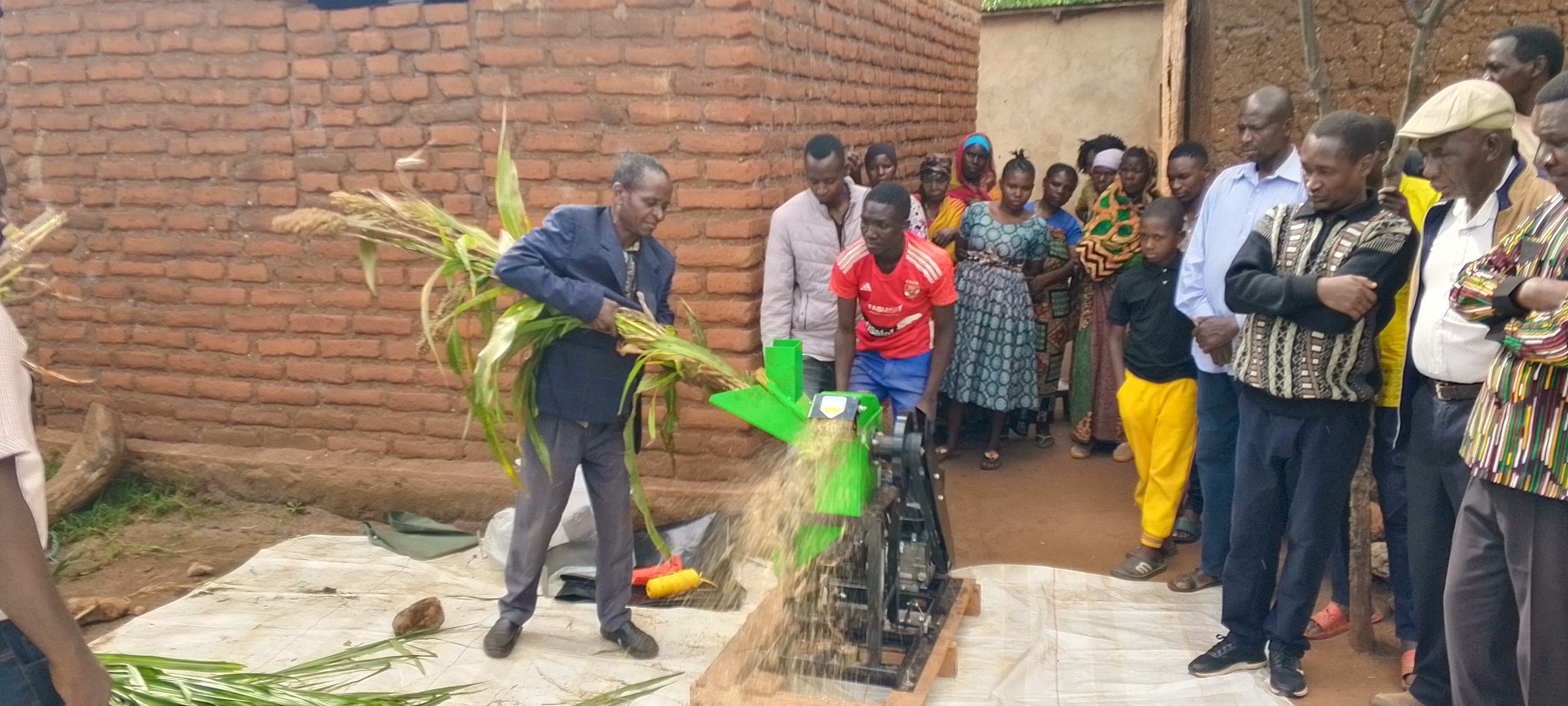
Growing of fodder trees was another useful technique introduced to the farmers and pastoralists targeting both, reinforcement of terraces, providing animal feed and firewood.
Between 2024 and May 2025, the project has managed raise and distributed over 60,000 seedlings of the environmentally useful fodder trees, whereby a total of 40,000 seedlings was distributed to the farmers during last year, and a total of 26,000 was distributed in January and February this year.
To help farmers masterminding the timing and pattern of rains, ILRI and partners have developed a forecast-based agro-advisory and intelligent agricultural system advisory tool (iSAT) which delivers context-specific climate agro-advisories to farmers to manage better climate risk in their production environment.
The in both districts have reported to have been very useful in decision making considering the enhanced complexity of climate variability in their locations. The tool has significantly helped the farmers make better agricultural decisions, especially when it comes to proper planting times.
Speaking during the project’s farmers filed day held over the weekend in Laikala village of Kongwa district, the project manager, Professor Anthony Whitbread, said that the project targets to enhance agriculture and livestock productivity through adoption of agroecological practices.
“The overall objective of the project is to heighten all circles in agriculture and livestock in the districts in order to increase households’ incomes and food security, while fighting hunger and malnutrition in the districts ,” he said.
With the agroecological practices in rolled out in the targeted villages in Kongwa and Mpwapwa, Prof Whitbread said the farmers can professionally battle against soil erosion and low soil fertility in order to realize bumper harvests.
On his part, Mr Peter Ngowi, a senior agronomist from at the International Crops Research Institute of the Semi – Arid Tropics (ICRISAT) said that ICRISAT’s role is to disseminate knowledge on agronomy and provision of resilient crop seed varieties.
“For years, farmers in the two districts have been using landraces seeds. However following the effects of climate variability and change these long duration maturing crop varieties can no longer perform, thus leading to insecure harvests,” he stated.
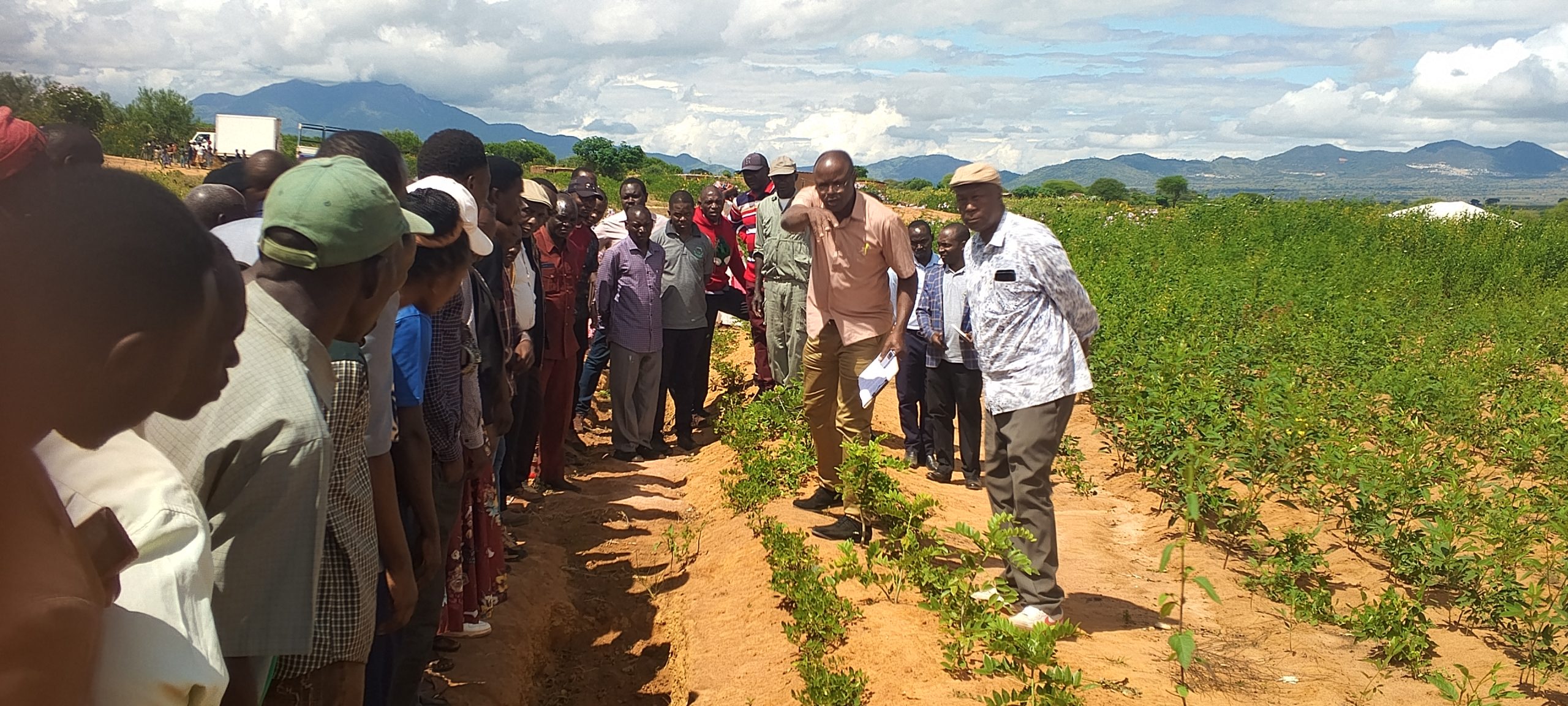
Citing interventions towards the livestock sector, the project identified and supported a total of 54 agropastolists from the households with high- genetic potential cattle in the two districts.
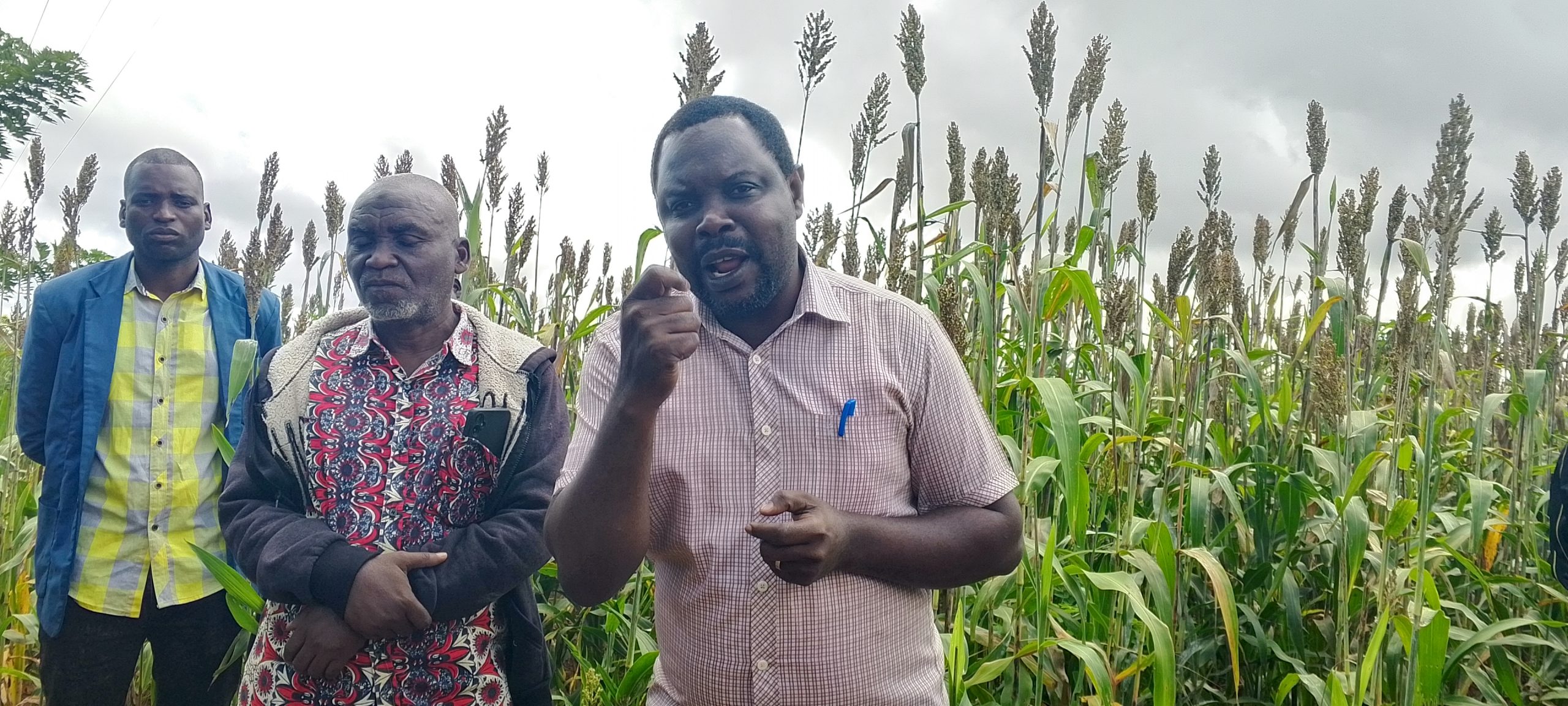
Mr David Ngunga, a consultant in livestock research and development from ILRI expressed that among an array of trainings, the farmers were trained on agroecological skills to intercrop key hays – Brachiaria cobra, Brachiaria cayman, Brachiaria Mullato II, Juncao (Napier), Sugargraze ‘famous as Mtamang’ombe, and Cenchrus ciliaris, with other foood crops in their farms.
“The past experiences proved that availability of animal feeds was very complicated, especially during dry season, extension services were poor, and most of the livestock keepers were crowded -out from access to recommended skills in raising cattle.” he said.
To that end, he communicated that the ResComm II project worked to ensure farmers produce enough hays, with special focus on Mtamang’ombe (sugargraze).
“The farmers have been trained to harvest and process the sugargraze using motorized chopper machine, and storing it under anaerobic condition ready for silage making,” he detailed.
Giving his testimony Mr Ramadhani Ngiriye, a livestock keepers at Mlali village who maintains five cattle said that the development has so far enabled him to cultivate one acre of sugargraze in which he has managed to obtain 5.1 ton of silage.
” Before the project, I used to travel 25 kilometers from Mlali to Pandambili village in search for fodder, which was costful, in terms time and money,” he appreciated.
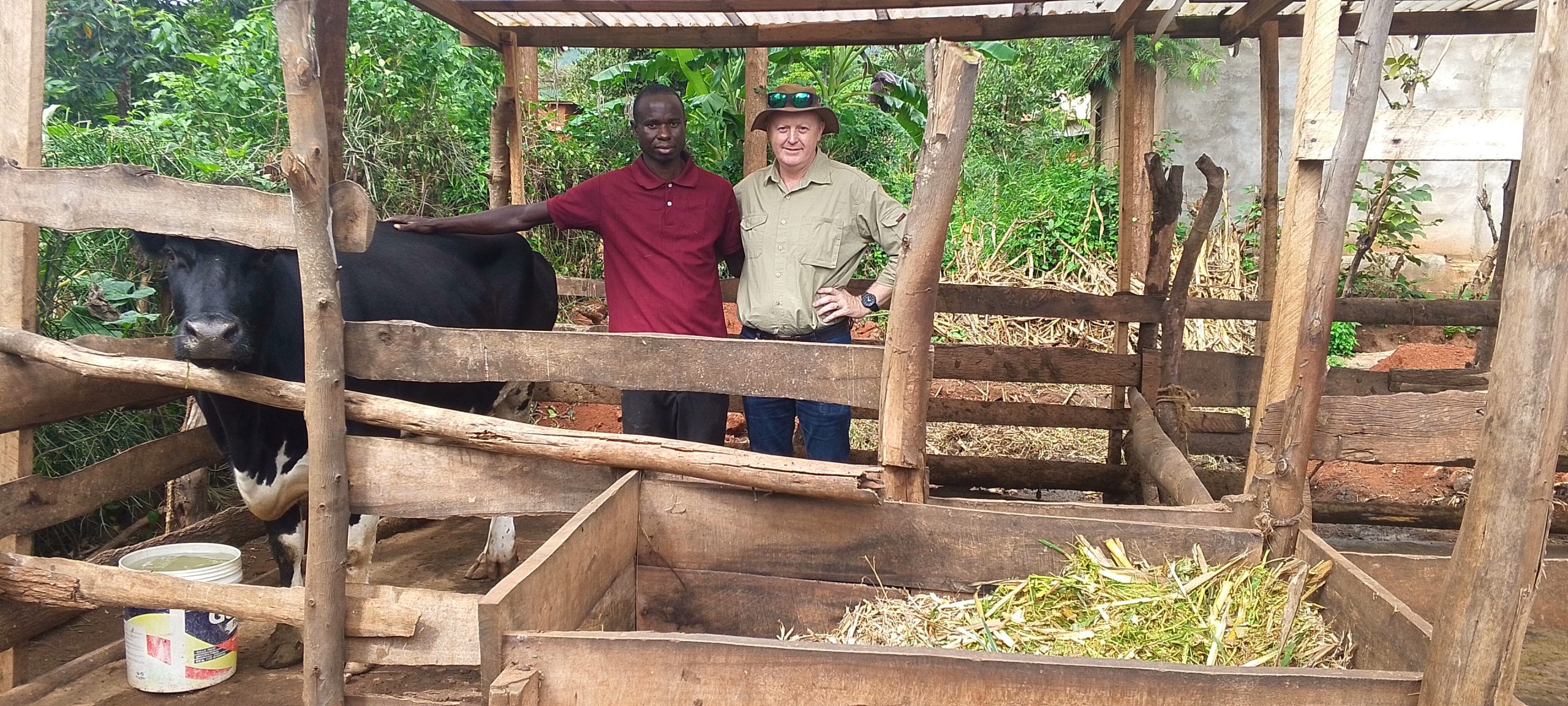
Mr Eliya Lumambo is another livestock beneficiary, he expressed: “As a youth , I am happy to part of ResComm II project which has capacitated me and my fellow livestock keepers on raising of improved fodder, and processing as well as utilisation,”
Kongwa district commissioner (DC), Mr Mayeka S. Mayeka, said the project has brought about the much- needed transformation in agriculture and livestock.
In his brief remarks to grace the event tailored for the project’s farmers filed day, he hailed Biovision Foundation and The Liechtenstein Development Services (LED), a foundation that works in development aid, focusing on education, health, and rural development for supporting the important agriculture and livestock initiative to help smallholder farmers.
“The ResComm II project is well aligned with ongoing efforts by the government to counter and land degradation,” he stated, added: “Others are improvement of nutrition and food security,”
Poultry farming has also been introduced in targeted villages in Kongwa districts, attracting and empowering 140 youths in the first phase of intervention.
Through SAT, the youth have been capacitated on best agro-ecological poultry practices, ranging from preparation of chicken cages, feeds, agro pesticides, among others. According to the project manager Prof. Anthony Whitbread, the project also links crop farmers and livestock to market.
About The Author
Related Posts
- 67The project is implemented by a range of agro- institutes, such as the International Crops Research Institute of the Semi- Arid Tropics (ICRISAT), Tanzania Agricultural Research Institute (TARI), Tanzania Livestock Research Institute (TALIRI) and Sustainable Agriculture Tanzania’ (SAT). KONGWA. THE regenerative agriculture project, 'Enabling a Resilient and…
- 50👉 The Target, As Set By The Ministry Of Agriculture Is To Register At least 7 Million Farmers 👉 Tanzania Is The Second-Largest Maize Producer In Africa, Achieving A Record Output Of 11.7 Million Tonnes In The 2023/24 Season. MOROGORO. A TOTAL of 4.6 million farmers across the country have…
- 45Chinese Ambassador to Tanzania, Hon. Chen Mingjian (left) presenting a copy of a newly launched Swahili book, 'Kupambana Na Kuondokana Na Umaskini" to IRDP's Deputy Rector for Academic, Research, and Consultancy, Prof Provident Dimoso during a special occasion for the official launch of the book held at the Embassy of…
- 44This effort, led by TARI in partnership with the National Plant Genetic Resources Center (NPGRC) and the Tanzania Plant Health and Pesticide Authority (TPHPA), aimed to restore and conserve genetic diversity that is often neglected in modern seed systems. KIGOMA. AMID mounting concerns over yield stagnation, food insecurity,…
- 39Expecting to gobble up to 216bn/-, the strategy is part of concerted efforts by the government to expand market for local meat abroad. DODOMA. PRESIDENT Samia Suluhu Hassan is expecting to grace official launching of the national livestock vaccination strategy, the eagerly -awaited cattle tactic which focuses to bolster…

